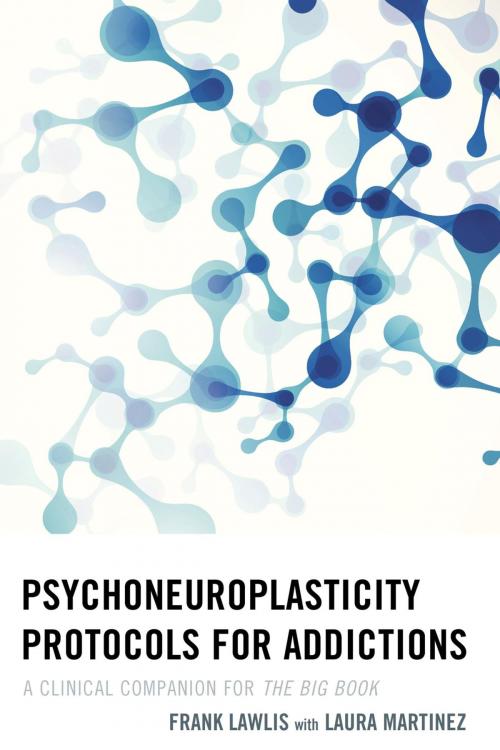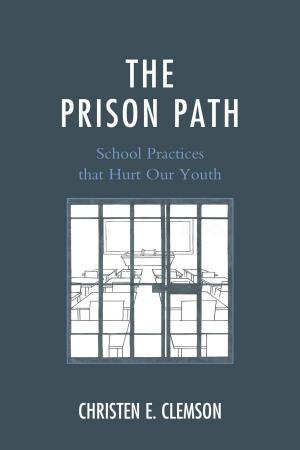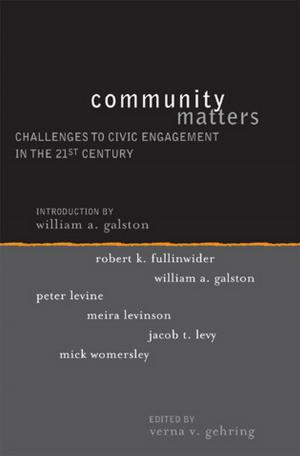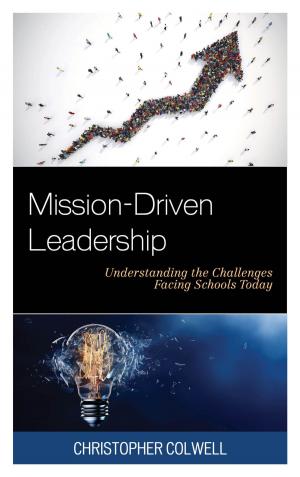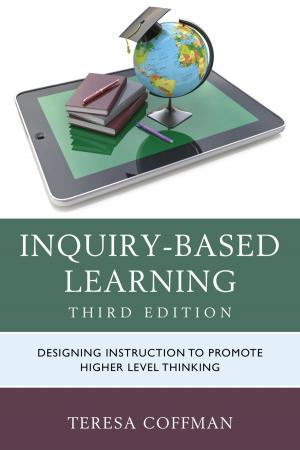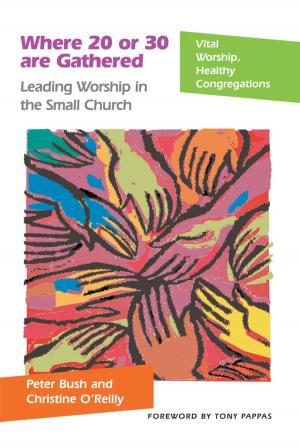Psychoneuroplasticity Protocols for Addictions
A Clinical Companion for The Big Book
Nonfiction, Health & Well Being, Psychology, Applied Psychology, Psychotherapy, Cognitive Psychology| Author: | Frank Lawlis | ISBN: | 9781442241992 |
| Publisher: | Rowman & Littlefield Publishers | Publication: | March 10, 2015 |
| Imprint: | Rowman & Littlefield Publishers | Language: | English |
| Author: | Frank Lawlis |
| ISBN: | 9781442241992 |
| Publisher: | Rowman & Littlefield Publishers |
| Publication: | March 10, 2015 |
| Imprint: | Rowman & Littlefield Publishers |
| Language: | English |
PsychoNeuroPlasticity Protocols for Addictions: A Clinical Companion for the Big Book is a book that represents a tipping point in the translation of addiction science into practical, real-world applications for practitioners. It translates brain research into patient deliverables by explaining how to use the brain to fight addiction and improve recovery outcomes. It does so while embracing the long-standing recovery culture that has been the only source of hope for addicts and alcoholics in the past fifty years.
The reader and treatment specialist will be re-energized by witnessing the changes in patient care, staff training, and outcomes. Digging deeper, however, this book is about hope—hope that the work of two decades of brain science will finally reach those who need it most; hope that we finally have a tool that will give us a true advantage in the war on addiction; and hope that lives lost to this disease every year will someday be stymied.
PsychoNeuroPlasticity Protocols for Addictions: A Clinical Companion for the Big Book is a book that represents a tipping point in the translation of addiction science into practical, real-world applications for practitioners. It translates brain research into patient deliverables by explaining how to use the brain to fight addiction and improve recovery outcomes. It does so while embracing the long-standing recovery culture that has been the only source of hope for addicts and alcoholics in the past fifty years.
The reader and treatment specialist will be re-energized by witnessing the changes in patient care, staff training, and outcomes. Digging deeper, however, this book is about hope—hope that the work of two decades of brain science will finally reach those who need it most; hope that we finally have a tool that will give us a true advantage in the war on addiction; and hope that lives lost to this disease every year will someday be stymied.
